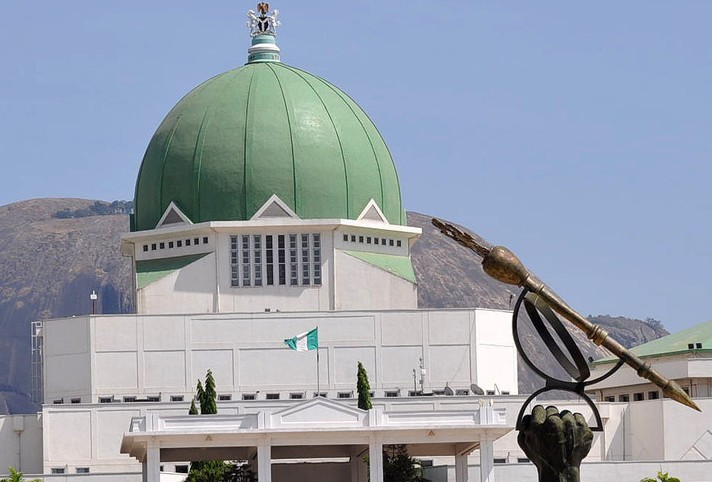Game on for 2023 presidential race. The fever is in the air. You can feel it, and you can see individuals talking about it. Groups are harping on it. Zones are scheming for it. Ethnic nationalities are strategising for it.
While commentators are weighing in on it; and stargazers are predicting its outcome; the media are providing the platforms to air and collate the views of the divergent and disparate voices.
Some are talking about rotation of the presidency, which isn’t a constitutional provision, but an adoption by political parties to ensure even distribution of political power in the system.
The 2014 National Conference, which adopted “rotation of the presidency between the North and South, and among the six geo-political zones,” has remained in the cooler.
In the prevailing scenario, the informed can discern the very serious and the not-so-serious canvassers for 2023 presidency. You might think the serious advocates are flying a kite, as “rotation” doesn’t favour their section of the polity just yet.
But their advocacy is well-coordinated, with voices that command or can command large following leading the campaign to get the presidency afresh or retained in their area. The North is a good example of this stratagem.
Let’s take our bearing from 1999, when democracy returned to the country, in considering the “magical” rotation of the presidency between the North and South of Nigeria in every eight years.
Going by that assumption, the South, from 1999 to 2007, had its share of uninterrupted eight years of two terms of four years each in President Olusegun Obasanjo.
Similarly, the North, by 2023, would have enjoyed a straight eight years of two terms of four years each (2015-2023) in President Muhammadu Buhari.
The argument, as to where the presidency will go in 2023, shouldn’t arise if the rotation of the office were strictly followed by the political actors that framed the alternating scheme.
Along the line, distortions were introduced due mainly to impunity, insensitivity and inordinate ambition of politicians in the major political parties of the day.
Had politicians allowed rotation to run its course, the North would have completed its eight years after Dr. Obasanjo quit office in 2007. The late President Umaru Yar’Adua, who took over from him in May 2007, died barely three years in office in May 2010.
The agitation by the North to complete the eight-year tenure, to end in 2015 (or 2016), was rebuffed by then President Goodluck Jonathan and his backers, many of whom were Northerners of the previous ruling Peoples Democratic Party (PDP).
This brought the first distortion, as Dr. Jonathan breached the arrangement of rotation of the presidency, and utilised the North’s portion of the equation.
To return power to the North, the voters rallied for retired General Buhari of the opposition All Progressives Congress (APC) in the 2015 polls. This brought the second distortion to the rotation of the presidency, which could have been remedied, in a way, if Jonathan was re-elected.
Yet, that would have meant a second straight eight years of two terms of four years for the South, leaving the North to scramble to balance the total number of years with the South.
This is the hard fact, and the feeling of the average Northerner, whether in the APC, PDP or in the smaller political parties. They haven’t forgotten how in 2011, Jonathan aborted the North’s portion of rotation of the presidency, and attempted same in 2015.
There’s no sentiments in politics. Hence, the North has no qualms working to retain power in the region, rather than allow it to “slip” to the South for an unheralded 16 years, and possibly 20 years, while the North would have only eleven years in the kitty by 2023.
Enter the long quest of the South-East for the presidency. But in the consideration of the North, Jonathan’s presidency, and his 2015 re-election bid, which the South-East backed to the hilt, has literally put a spanner in the works towards achieving that goal.
The task is made arduous with the miserly electoral returns for the APC in the zone, whose political and socio-cultural groups openly endorsed the PDP and its candidate, and campaigned vigorously against the APC and its candidate in the 2019 polls.
Nonetheless, all hopes are not lost for the South-East presidential aspiration, which they should elevate to an endeavour, and become a battle cry for a united front.
Politics is war, as propounded by Obasanjo in his “do-or-die” battle to retain his office in 2003. And power, flowing from politics, is not “served à la carte,” apologies to the National Leader of the APC, Asiwaju Bola Tinubu.
The South-East presidential espousers, who feel the momentum on their side, are, in the least, uncoordinated in their approach to the powerful position. They’re reactive, not pro-active.
The only semblance of “speaking with one voice” is their insistence on “it’s our turn to produce the president,” as if it’s a constitutional right, which, of course, politicians can bend to disadvantage the zone.
So, the Igbo must not let the politically-uninformed in their midst to dictate the direction they should take to the presidency in 2023. They should listen to contrary, but insightful opinions, and negotiate with other zones for support for the presidency.
For belonging to the APC, and associated with President Buhari, the Igbo despise, and discount the views of leaders like the Minister of Science and Technology, Dr. Ogbonnanya Onu; Minister of Labour and Employment, Dr. Chris Ngige; Senate Chief Whip, Dr. Orji Kalu and Senator Rochas Okorocha. But these are the “home truth” tellers.
Dr. Ngige, as usual, has spoken lately on the need for the South-East to shelve the toga of obvious abhorrence to, and hatred for the APC and Buhari.
In an interview, he said: “You cannot get the 2023 presidency through threats, like some of our people are currently doing, but through negotiations with our friends in the West (South-West zone of the country).
“We expect, going forward, that all political parties should come to the South to pick their presidential candidates. We think Ndigbo should be favoured because we have not tasted it. But power is not served à la carte.
“Once again, I’m pleading with our people to join APC for us to have enough number before 2023. We can’t sit at a place and be crying of marginalisation. We are part and parcel of Nigeria, no one owns the country; it belongs to all of us.”
It’s time the Igbo took these “illustrious sons” as truly their own, and stop labelling them as “enemies” of Ndigbo, while the accusers hobnob with the “real enemies” that want the Igbo to play perpetual second fiddle in the political scheme of Nigeria.

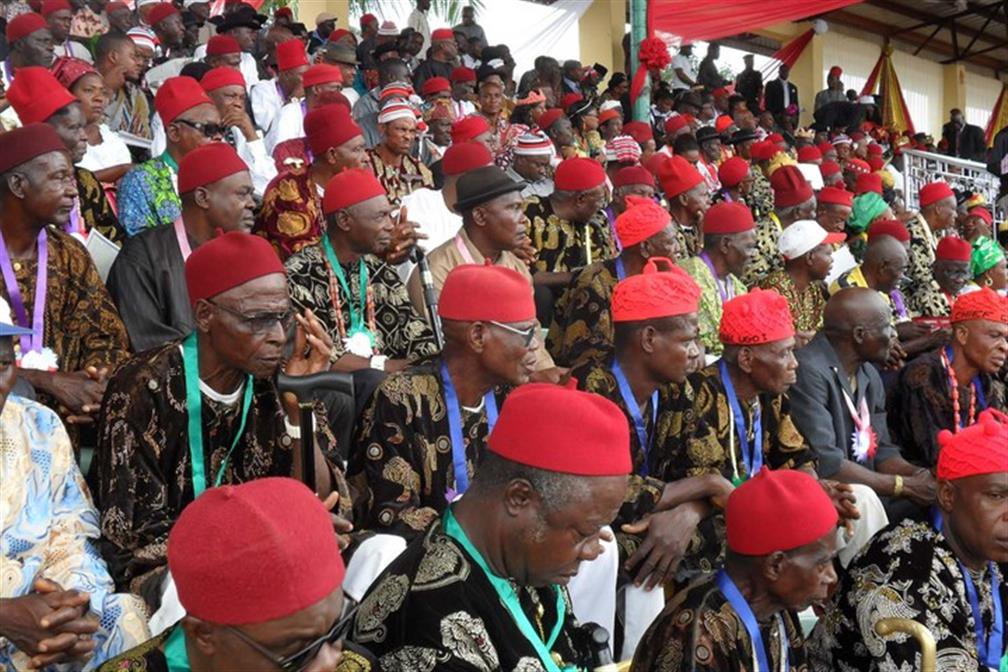
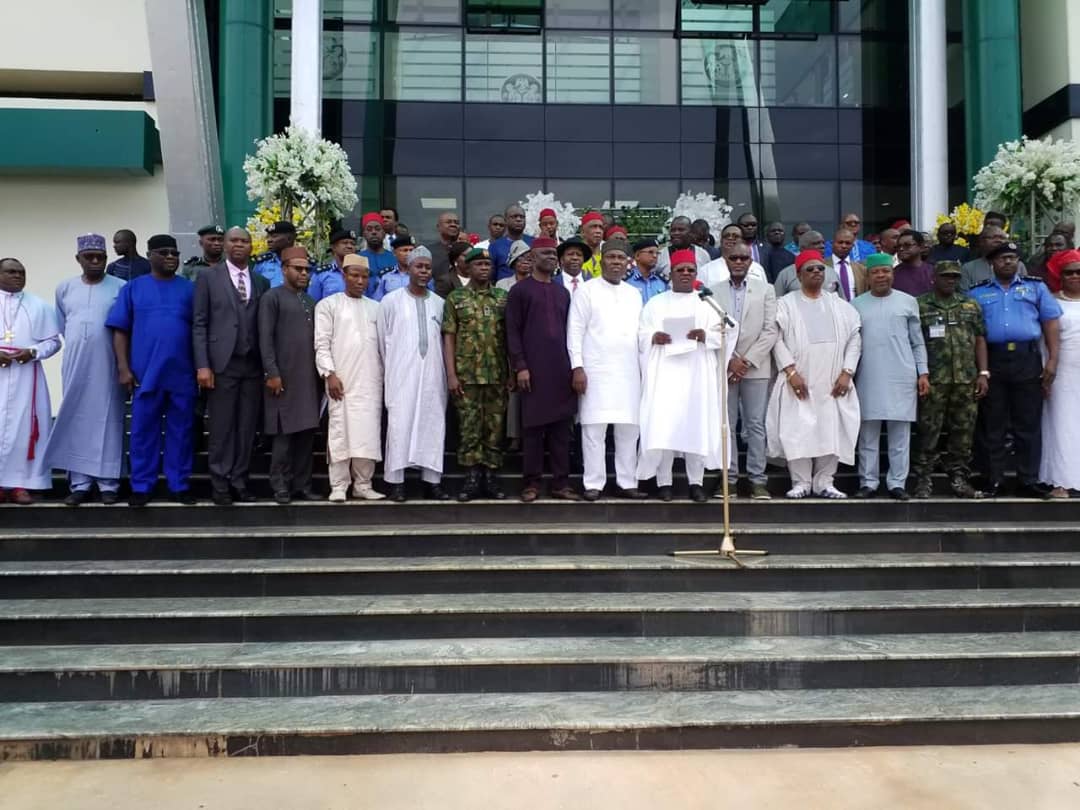
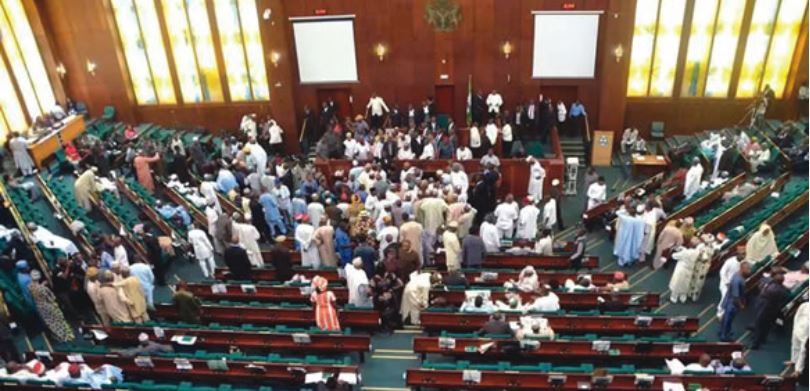
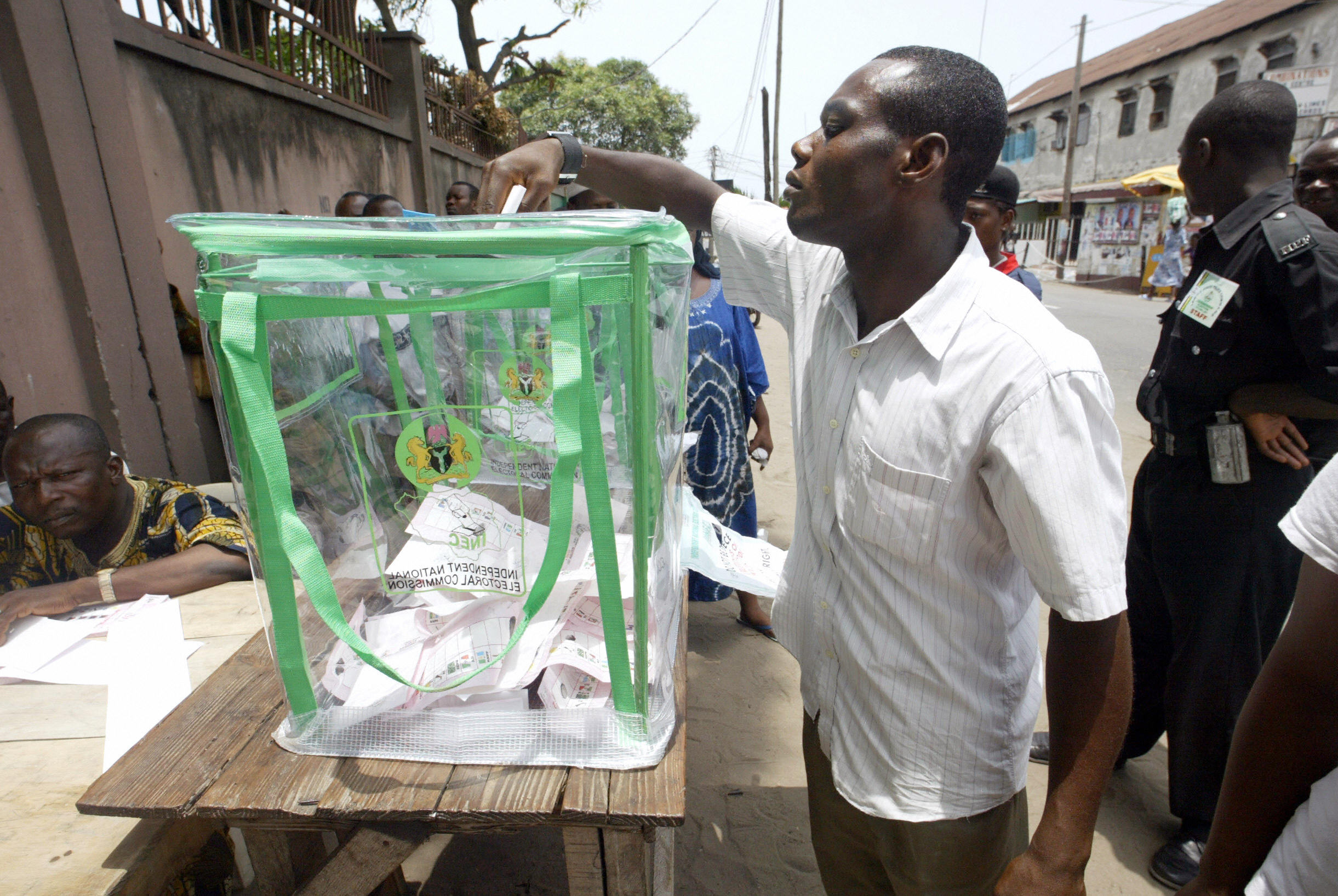


![Lagos 2019: Tinubu’s anointed, Sanwo-Olu kick starts campaign, appoints coordinators [Full list]](http://thenewsguru.ng/wp-content/uploads/2018/09/sanwoolu.jpg)
